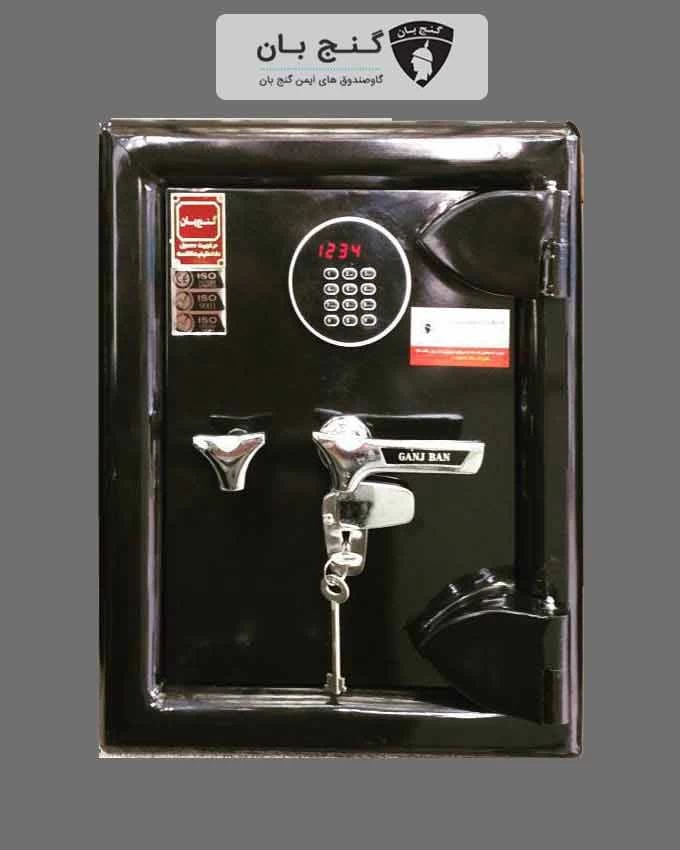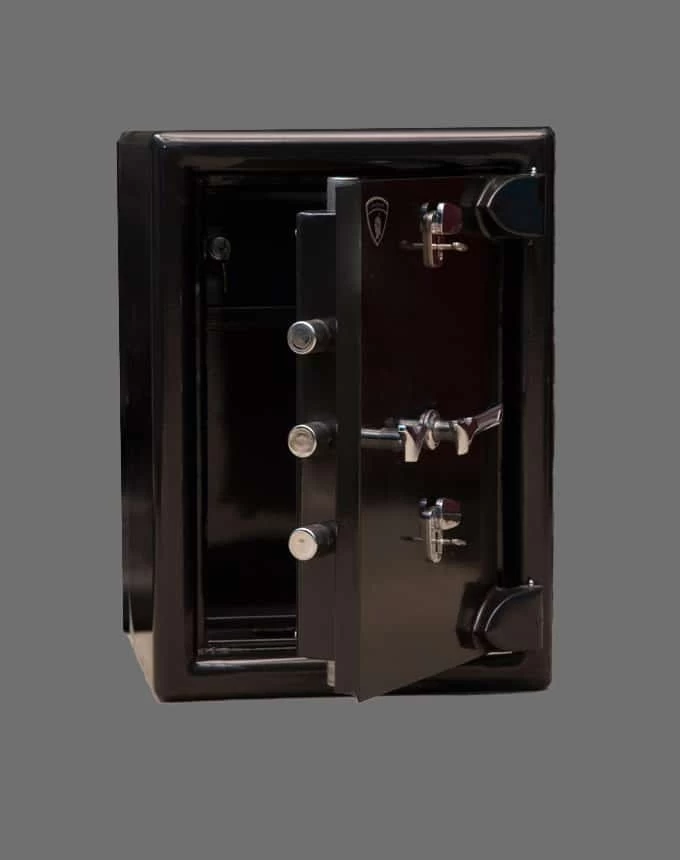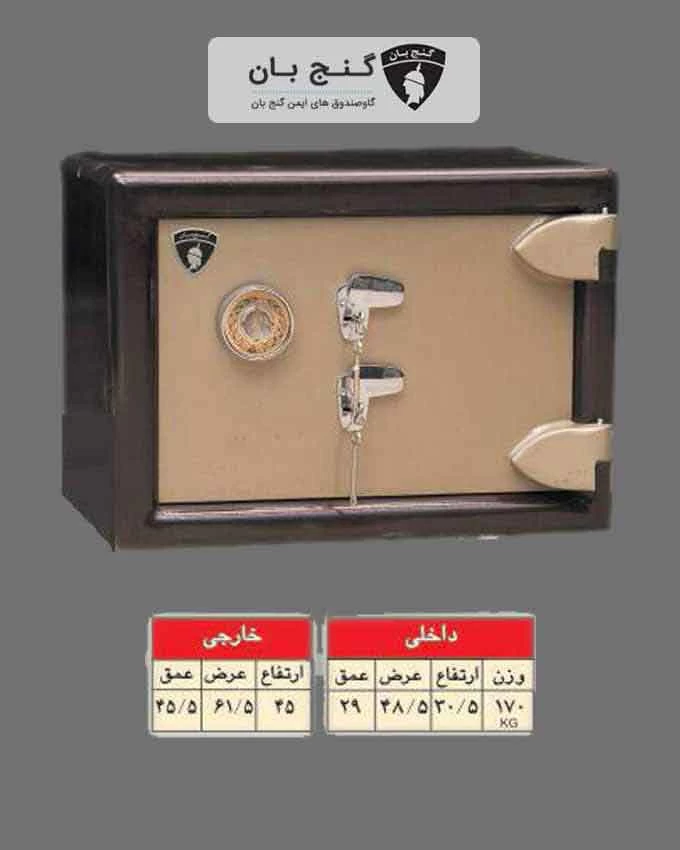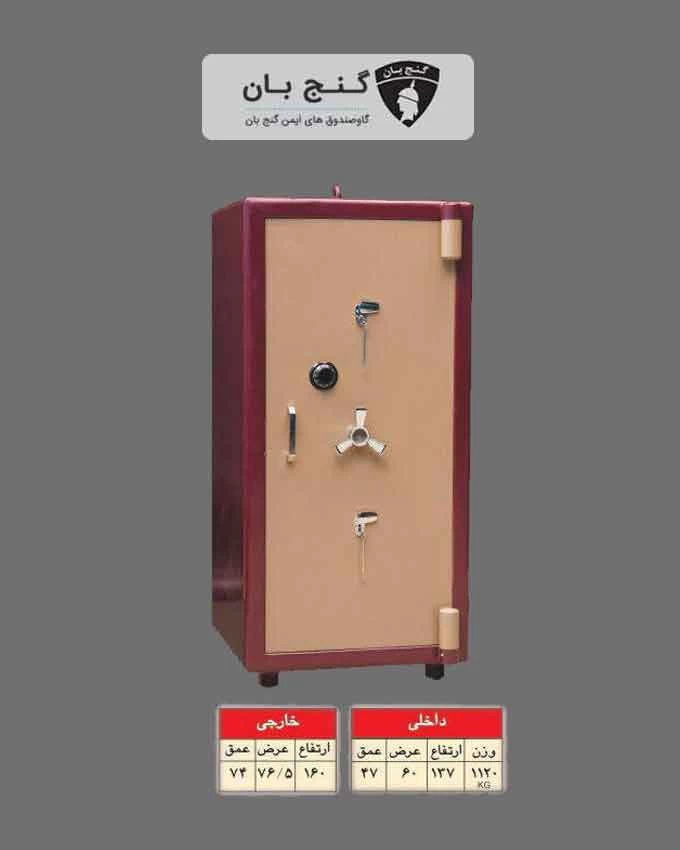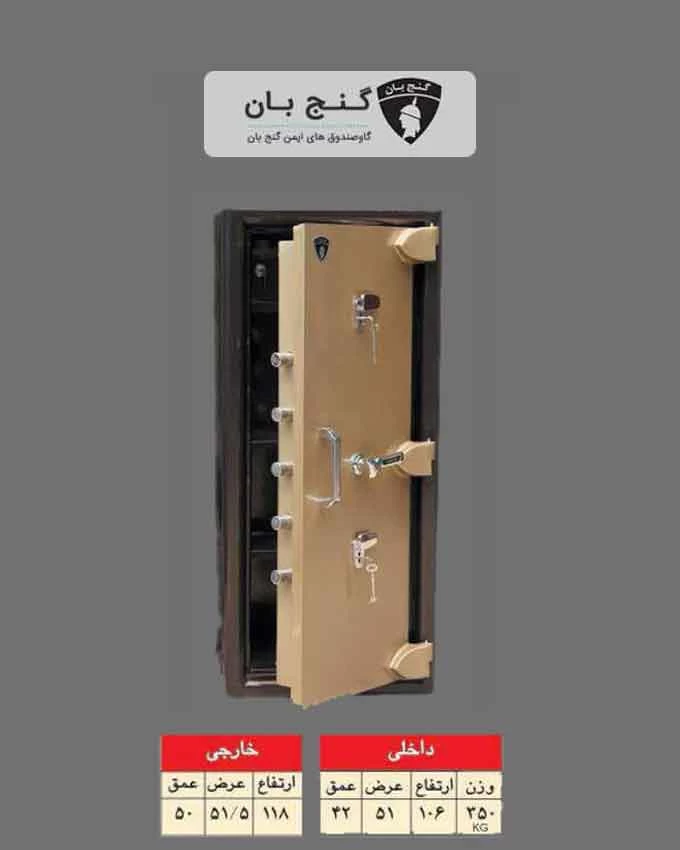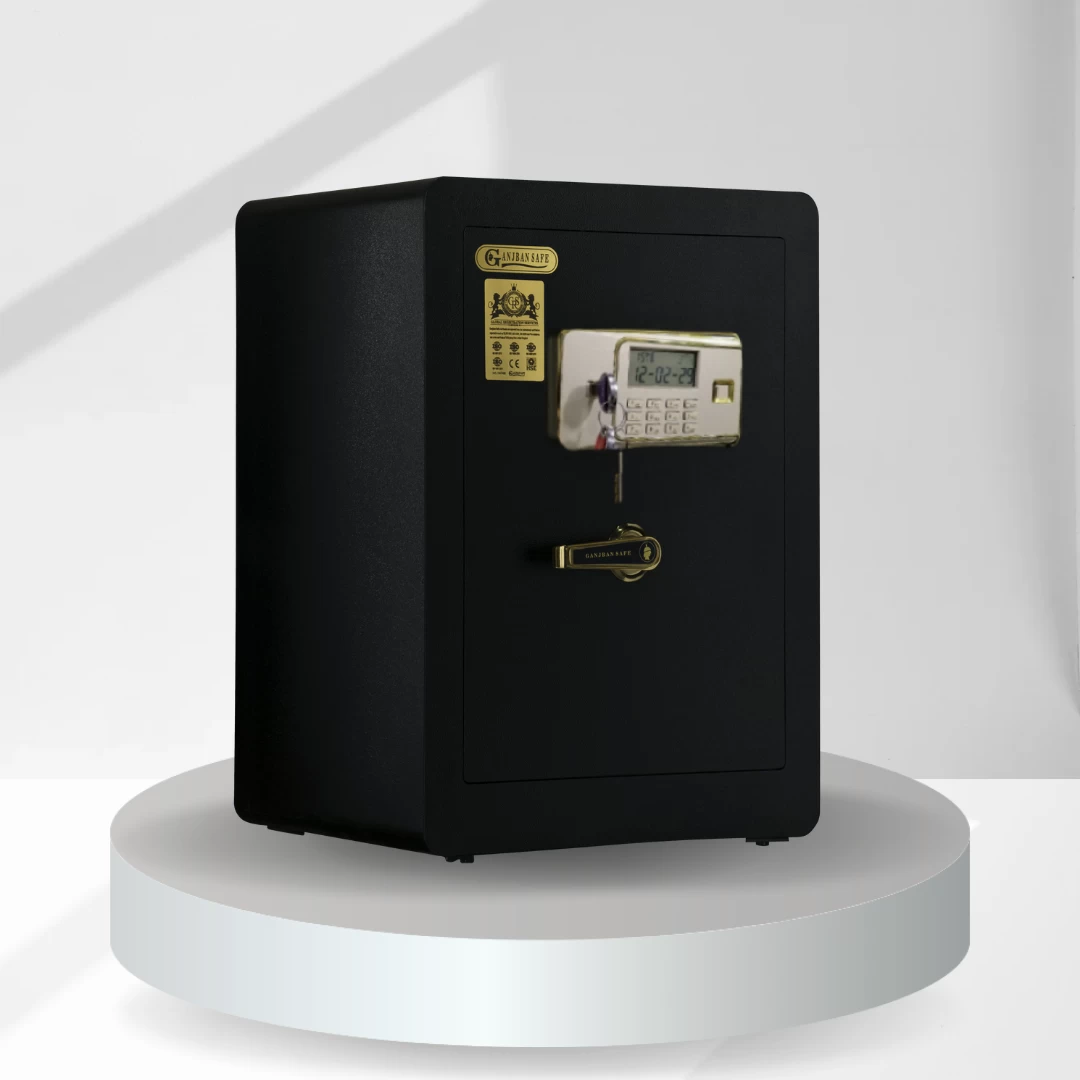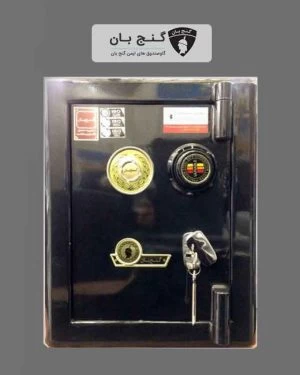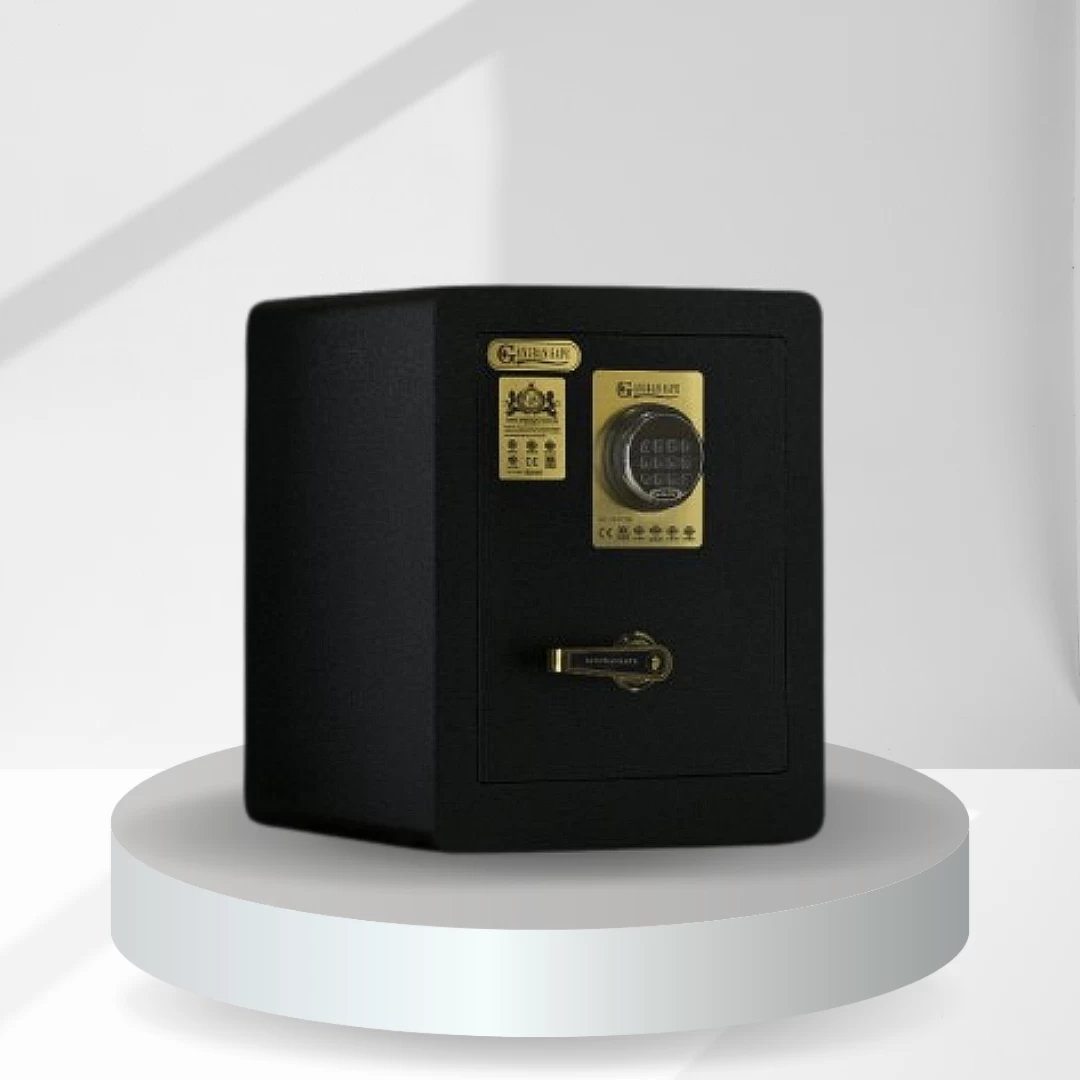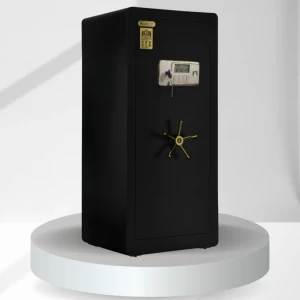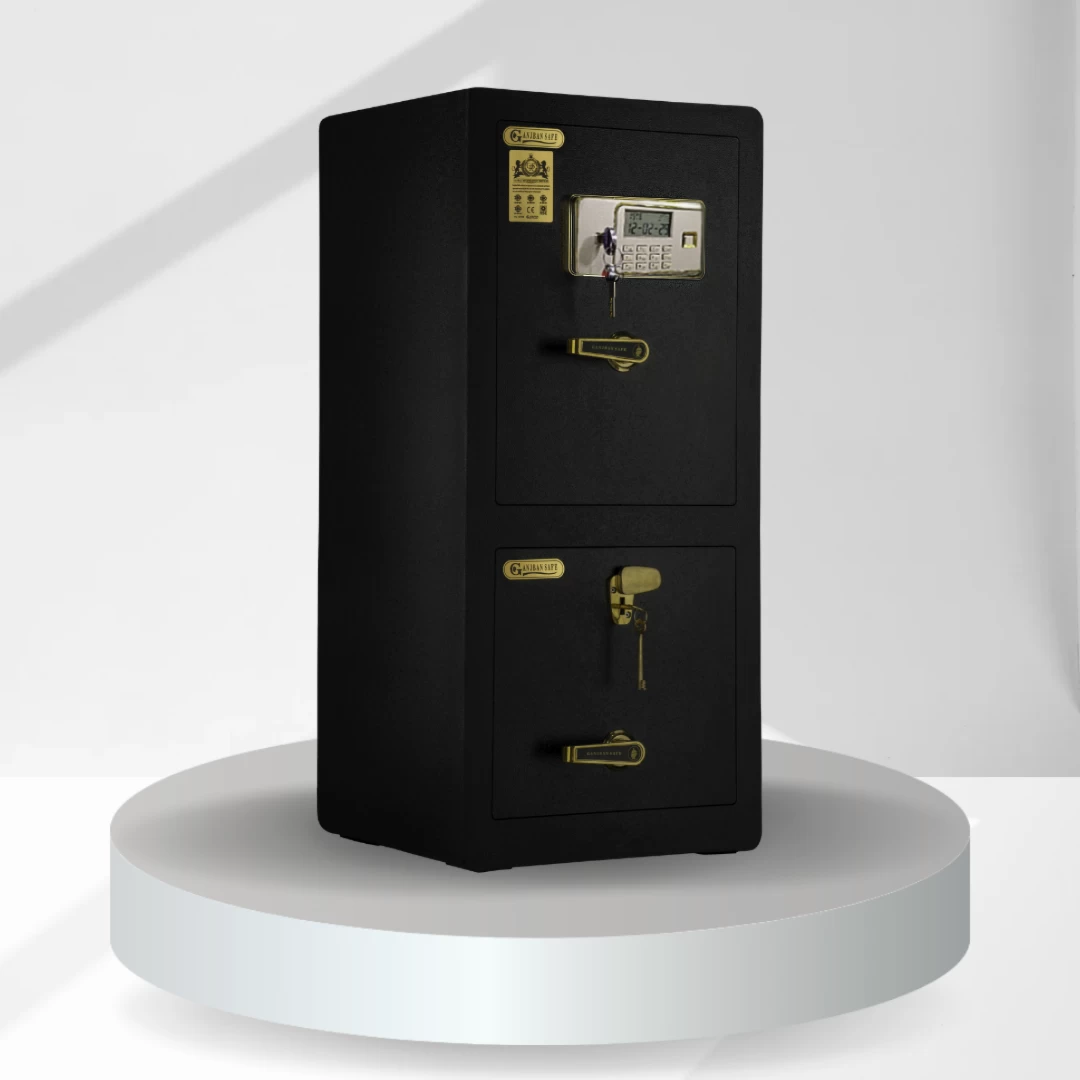Safes
Money safes, also known as safes or vaults, are secure containers designed to protect valuables such as cash, jewelry, important documents, and other valuable items from theft, fire, and other risks. They come in various sizes, designs, and security levels to suit different needs and preferences. Some common types of money safes include:
1. Home Safes: These safes are typically smaller and designed for residential use. They can be installed in homes, apartments, or offices and are often used to store cash, jewelry, passports, and other important documents.
2. Fireproof Safes: Fireproof safes are designed to protect valuables from fire damage. They are made with fire-resistant materials and are rated to withstand certain temperatures for a specific period, providing added peace of mind in case of a fire.
3. Digital Safes: Digital safes use electronic locks or keypads to secure the contents. They offer quick and convenient access with the input of a PIN code or electronic key, making them popular for home and office use.
4. Key Lock Safes: Key lock safes use traditional key-based locks to secure the contents. They are simple and reliable, but it's important to keep the key in a secure location to prevent unauthorized access.
5. Wall Safes: Wall safes are installed directly into the wall, offering discreet storage for valuables. They are often used in homes, offices, or businesses where space is limited or where additional security is desired.
6. Floor Safes: Floor safes are installed directly into the floor, providing hidden storage for valuables. They are commonly used in businesses, hotels, and homes for secure storage of cash, documents, and other valuables.
When choosing a money safe, it's important to consider factors such as size, security rating, fire rating, locking mechanism, and installation requirements to ensure it meets your specific needs and provides adequate protection for your valuables.
Home money safes are secure containers designed to protect cash, jewelry, important documents, and other valuables within a residential setting. They come in various sizes, designs, and security features to cater to different needs and preferences.
Here are some key points to consider when looking for a home money safe:
1. Size: Consider the size of the safe based on the items you plan to store. Safes come in various dimensions, from compact models suitable for small valuables to larger ones capable of accommodating documents and bulkier items.
2. Security Features: Look for safes with reliable security features such as sturdy construction, solid locking mechanisms (e.g., electronic keypad, combination lock, biometric lock), and pry-resistant doors and walls to deter unauthorized access.
3. Fire Protection:Opt for a safe with fire-resistant properties to safeguard your valuables in case of a fire. Fireproof safes are rated based on their ability to withstand certain temperatures and durations of exposure to fire.
4. Water Resistance: Some safes offer water-resistant features to protect contents from water damage in case of flooding or water leaks.
5. Installation:Determine whether you prefer a portable safe or one that can be bolted down or built into a wall or floor for added security. Consider the ease of installation and whether professional installation is required.
6. Access Control: Choose a safe with an access control method that suits your preference and convenience, whether it's a traditional key lock, electronic keypad, combination lock, or biometric fingerprint scanner.
7. Capacity: Assess the storage capacity of the safe to ensure it can accommodate your valuables comfortably without overcrowding.
8. Location: Decide on the location within your home where you plan to install the safe. Consider factors such as accessibility, visibility, and concealment to enhance security.
9. Budget: Set a budget for your safe purchase and consider the value of the items you intend to protect when determining the level of security features required.4
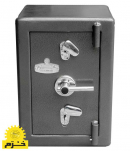
By considering these factors, you can choose a home money safe that provides the level of security and peace of mind you need to protect your valuable assets.
Fireproof safes are designed to protect valuables from damage in the event of a fire. They are constructed with materials that are resistant to high temperatures, typically using layers of fire-resistant insulation to shield the contents from heat. Here are some key features and considerations regarding fireproof safes:
1. Fire Ratings: Fireproof safes are rated based on their ability to withstand exposure to fire. The rating indicates the maximum temperature the safe can withstand and the duration it can endure the heat without damaging the contents. Common fire ratings include 30 minutes, 60 minutes, 90 minutes, and 120 minutes.
2. Construction: Fireproof safes are typically constructed with layers of fire-resistant materials such as gypsum, ceramic, or composite insulation. The thickness and composition of these layers contribute to the safe's ability to withstand high temperatures.
3. Sealing: Airtight seals help prevent smoke and water from entering the safe during a fire. Look for fireproof safes with effective sealing mechanisms to provide additional protection for the contents.
4. Size and Capacity: Fireproof safes come in various sizes and capacities to accommodate different storage needs. Consider the size of the items you plan to store and choose a safe with adequate internal space.
5. Locking Mechanism: Fireproof safes may feature various locking mechanisms, including traditional key locks, combination locks, electronic keypad locks, and biometric fingerprint scanners. Choose a locking mechanism that suits your preference and provides secure access to the safe.
6. Water Resistance: Some fireproof safes offer water-resistant features to protect the contents from water damage caused by firefighting efforts or water leaks. Look for safes with water-resistant seals and construction to enhance protection.
7. Installation: Determine whether you prefer a portable fireproof safe or one that can be bolted down or built into a wall or floor for added security. Consider the ease of installation and whether professional installation is required.
8. Certifications: Look for fireproof safes that are certified by independent testing organizations such as Underwriters Laboratories (UL) or Intertek to ensure they meet industry standards for fire resistance.
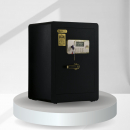
Fireproof safes provide valuable protection for important documents, cash, jewelry, electronic media, and other irreplaceable items in the event of a fire. By considering these features and factors, you can choose a fireproof safe that meets your specific needs and provides peace of mind knowing your valuables are safeguarded.
Home money safes are secure containers designed to protect cash, jewelry, important documents, and other valuables within a residential setting. They come in various sizes, designs, and security features to cater to different needs and preferences.

Fireproof safes are designed to protect valuables from damage in the event of a fire. They are constructed with materials that are resistant to high temperatures, typically using layers of fire-resistant insulation to shield the contents from heat. Here are some key features and considerations regarding fireproof safes:

FAQs
What are the characteristics of home safes?
These safes are typically smaller and designed for residential use. They can be installed in homes, apartments, or offices and are often used to store cash, jewelry
Does the cow stick to the ground?
Floor safes are installed directly into the floor, providing hidden storage for valuables
What is the basis of fireproof safes?
Fireproof safes are rated based on their ability to withstand certain temperatures and durations of exposure to fire.
Is it easy to use electric safes?
They offer quick and convenient access with the input of a PIN code or electronic key, making them popular for home and office use.
 +7929688-88-14
+7929688-88-14

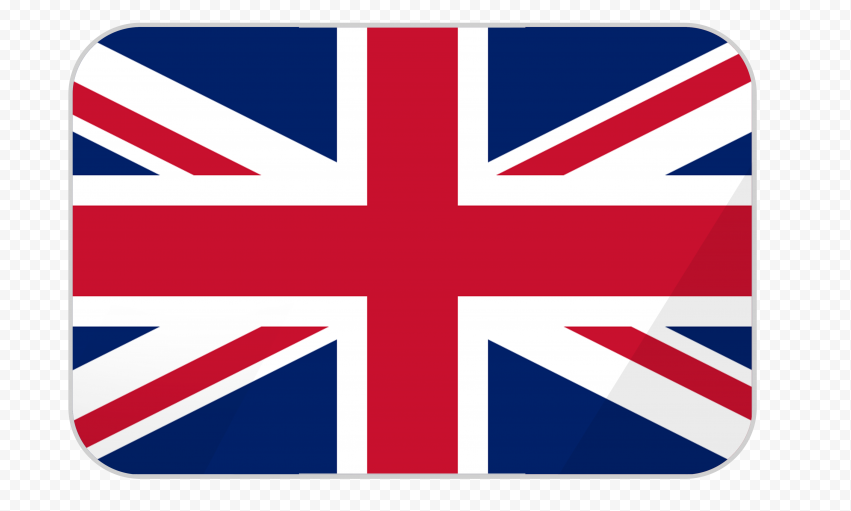 English
English
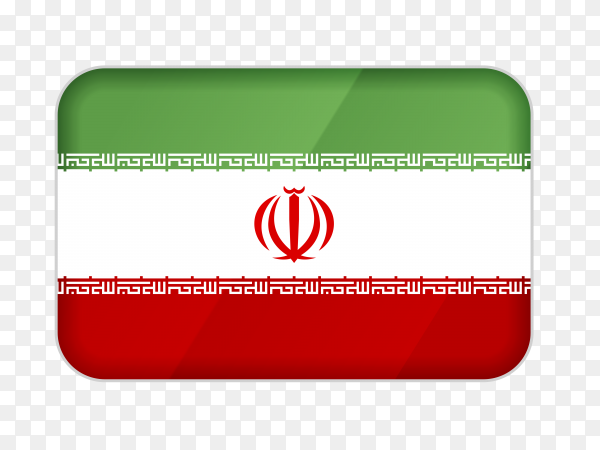 Persian
Persian
 Russian
Russian
 Chinese
Chinese


 +7929688-88-14
+7929688-88-14

.webp)
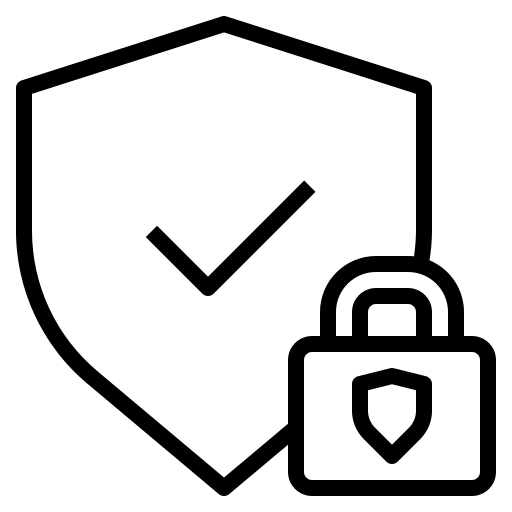
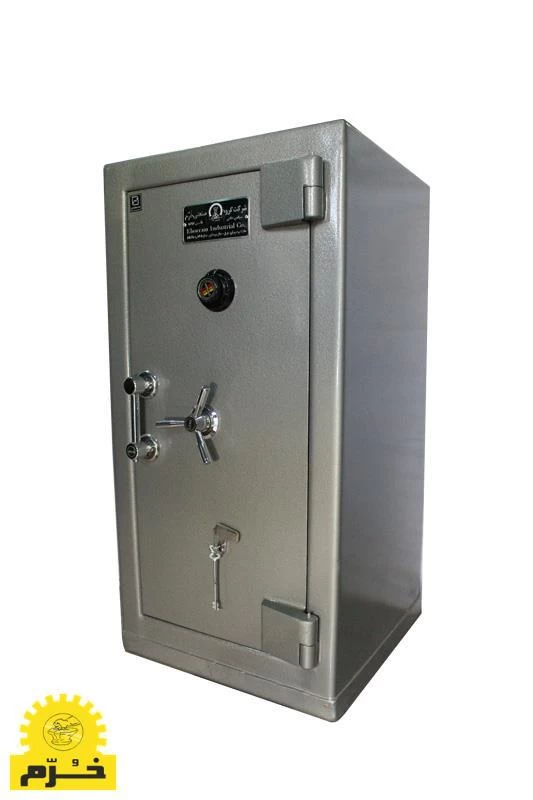
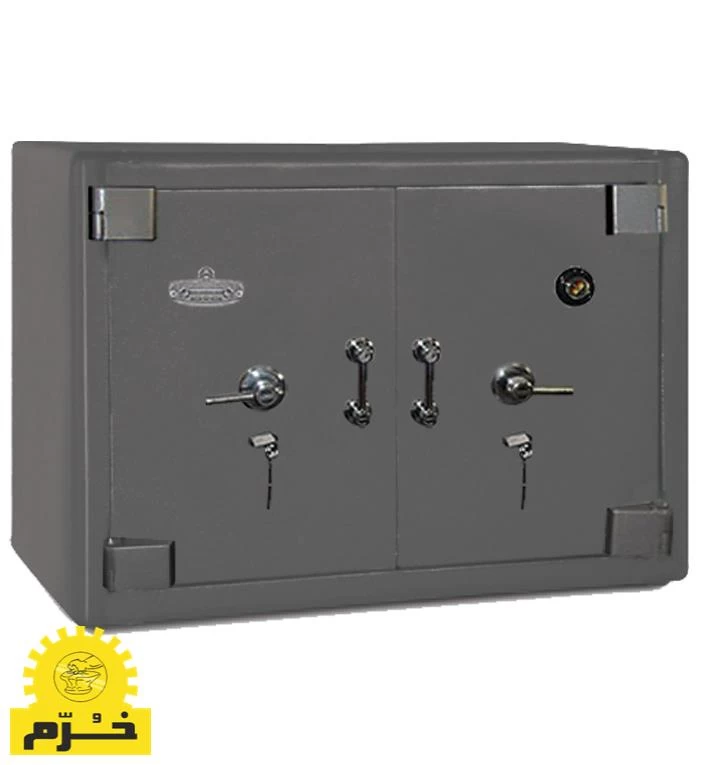
.webp)
.webp)
.webp)
.webp)
.webp)
.webp)
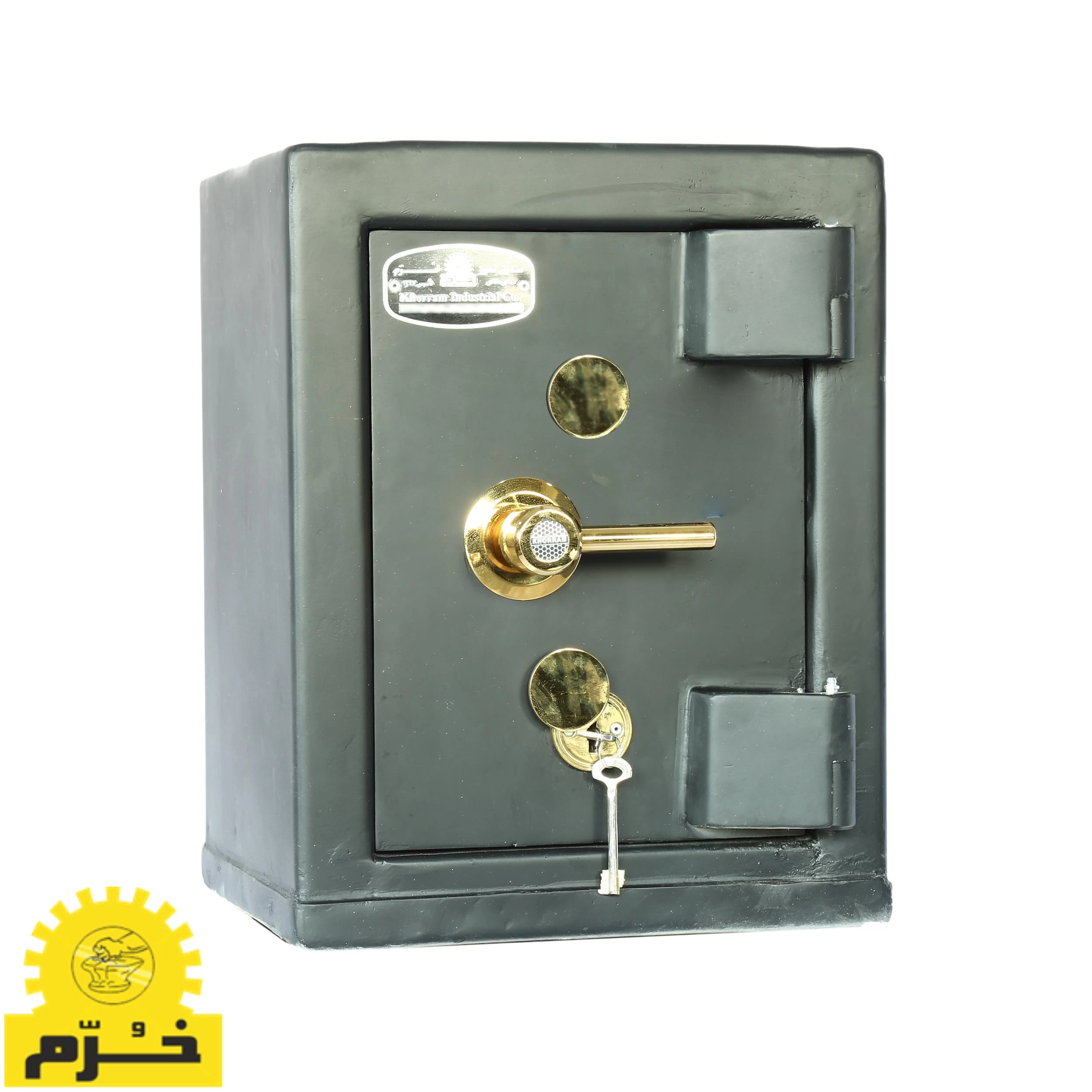
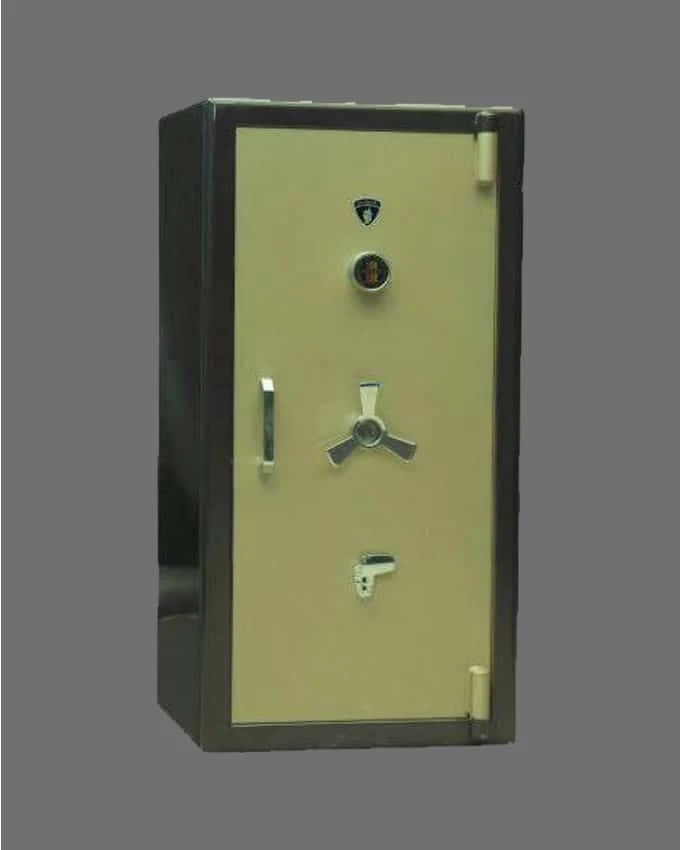
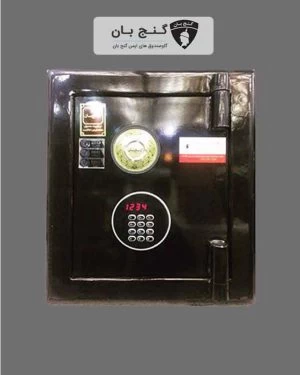
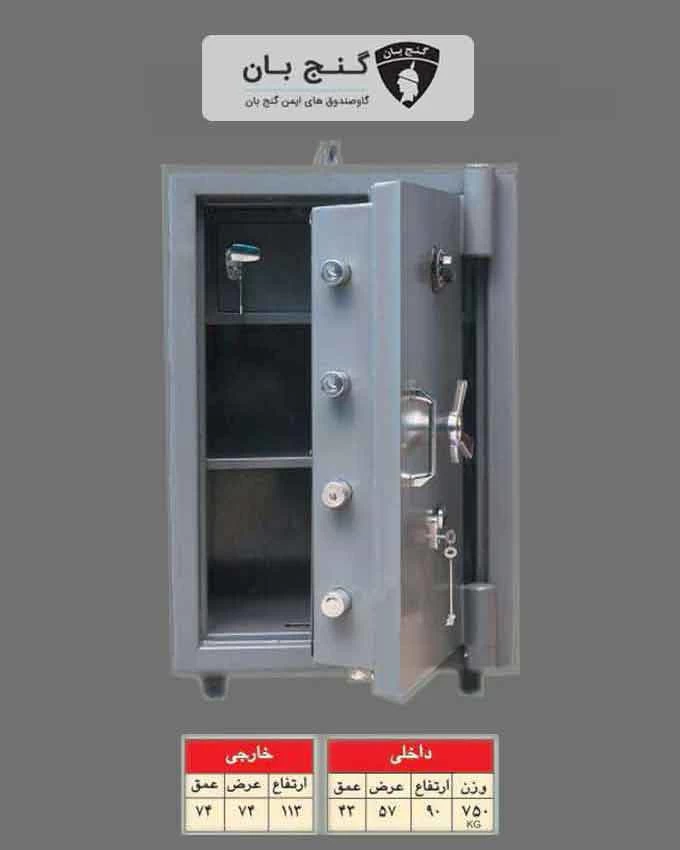
.webp)
